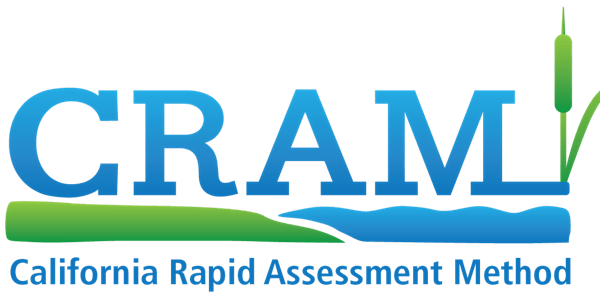Schedule and Logistics
This training will be held on May 20-24th, 2024. Your lead training instructors will be Kevin O'Connor and Sarah Stoner-Duncan, both members of the statewide Level 2 committee of the California Wetlands Monitoring Workgroup. The field sites will include various wetlands in the Moss Landing area. Course agenda and details will be emailed to participants two weeks prior to the session.
Registration closes on April 29th, 2024. A total of 15 registrations are available. If the class fills you will be placed on a waitlist.
If a registered participant must withdraw before April 29th, we will transfer registration to another class with no charge, or will refund in full minus $85 admin fee. No refund after April 29th.
Classroom Portion
- Will be indoors and in-person during the first two mornings of class
- Will focus on the structure of CRAM, how each metric is scored, the differences/similarities between modules, how CRAM can be used in project planning, monitoring and tracking, and how CRAM fits into the Level 1-2-3 WRAMP framework and supports monitoring and assessment of aquatic resources in a watershed context
- Will include practice exercises for participants to gain experience in the method before the field portion begins
Field Portion
- Participants will visit and perform assessments at 8 field sites
- Participants will gain experience in accurately and consistently conducting assessments
- Each class will visit a unique set of wetland types within their region
Field Equipment
Participants will need appropriate field clothing (pants, long sleeves, layers) and BOTH types of footwear: 1) hiking boots/sturdy field shoes, and 2) knee boots. Please be prepared for multiple days in the field.
